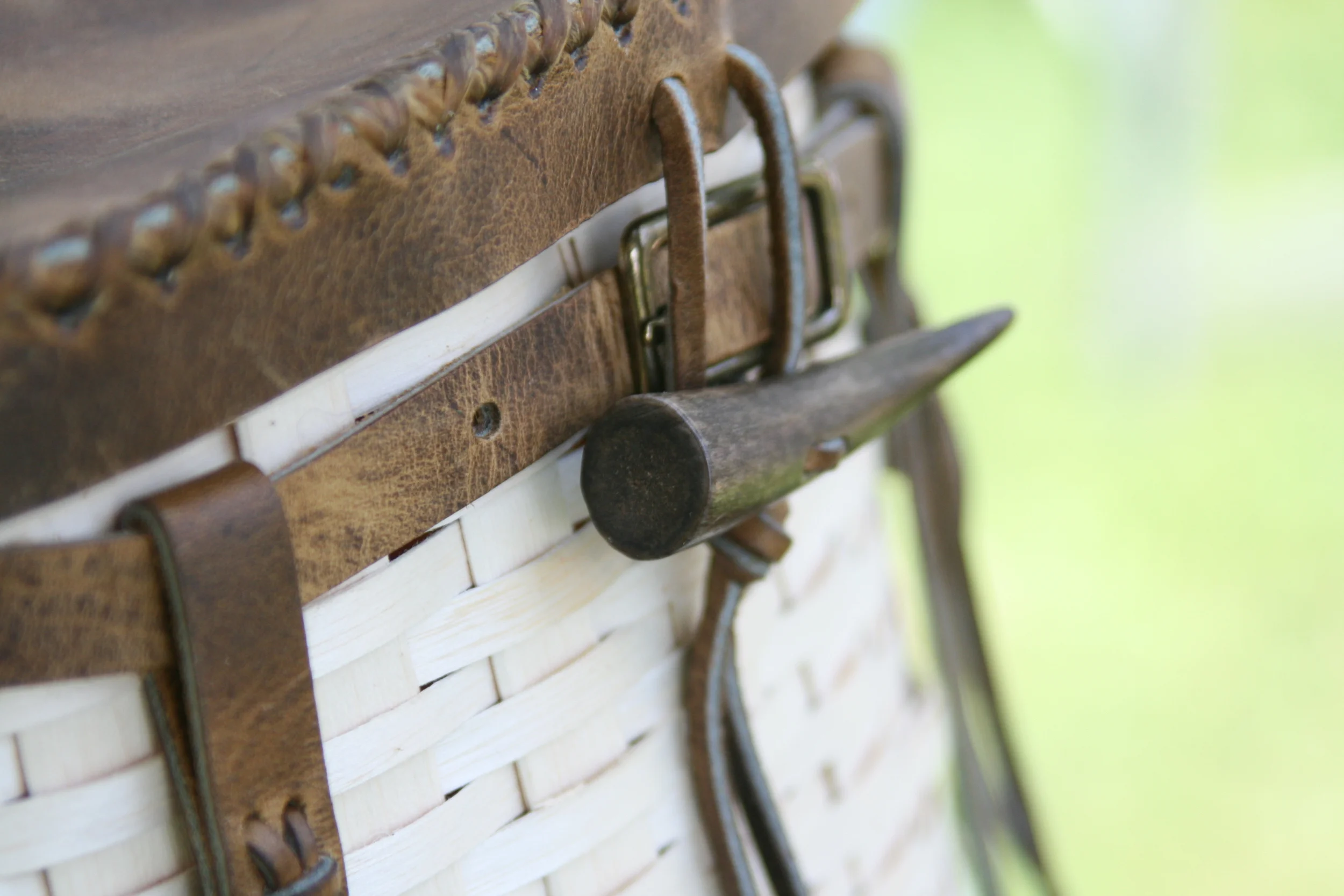Native American Film Series Explores Identity Issues
/
The Abbe Museum is pleased to present the second film in a three part series, funded by the National Endowment of the Arts. Thursday November 5th from 7:00 pm to 9:00 pm, the Museum will screen two films that address cultural and religious appropriation, with a discussion to follow. This program is free and open to the public.
White Shamans and Plastic Medicine Men is an award-winning documentary that deals with the popularization and commercialization of Native American spiritual traditions by Non-Indians. Important questions are asked of those seeking to commercially exploit Tribal rituals and sacred ceremonies...and those vested with safeguarding sacred ways. The film represents a wide range of voices from Native communities, and speaks to issues of cultural appropriation with humor, righteous anger and thoughtful insight.
Invisible examines the history of relations between the Anglo and Native American communities in the northeast. The tribal people of Maine often feel invisible and to many Non-Indians in the state, they do not exist. Many of those who do know of the Indians presence are unaware of both their history and their present circumstances. Through the voices of persons telling their stories, Invisible looks at some of the underlying reasons for the racism so deeply embedded in white American culture and how that racism continues to shape Native American reality today. It then asks how we can begin to change our own racism and confront the invisible racism that still lies beneath much of Anglo American society.
Following these short documentaries there will be a discussion session hosted by Raney Bench, Abbe Museum Education Coordinator and James E. Francis, Penobscot Tribal Historian and Invisible producer.
White Shamans and Plastic Medicine Men is an award-winning documentary that deals with the popularization and commercialization of Native American spiritual traditions by Non-Indians. Important questions are asked of those seeking to commercially exploit Tribal rituals and sacred ceremonies...and those vested with safeguarding sacred ways. The film represents a wide range of voices from Native communities, and speaks to issues of cultural appropriation with humor, righteous anger and thoughtful insight.
Invisible examines the history of relations between the Anglo and Native American communities in the northeast. The tribal people of Maine often feel invisible and to many Non-Indians in the state, they do not exist. Many of those who do know of the Indians presence are unaware of both their history and their present circumstances. Through the voices of persons telling their stories, Invisible looks at some of the underlying reasons for the racism so deeply embedded in white American culture and how that racism continues to shape Native American reality today. It then asks how we can begin to change our own racism and confront the invisible racism that still lies beneath much of Anglo American society.
Following these short documentaries there will be a discussion session hosted by Raney Bench, Abbe Museum Education Coordinator and James E. Francis, Penobscot Tribal Historian and Invisible producer.







